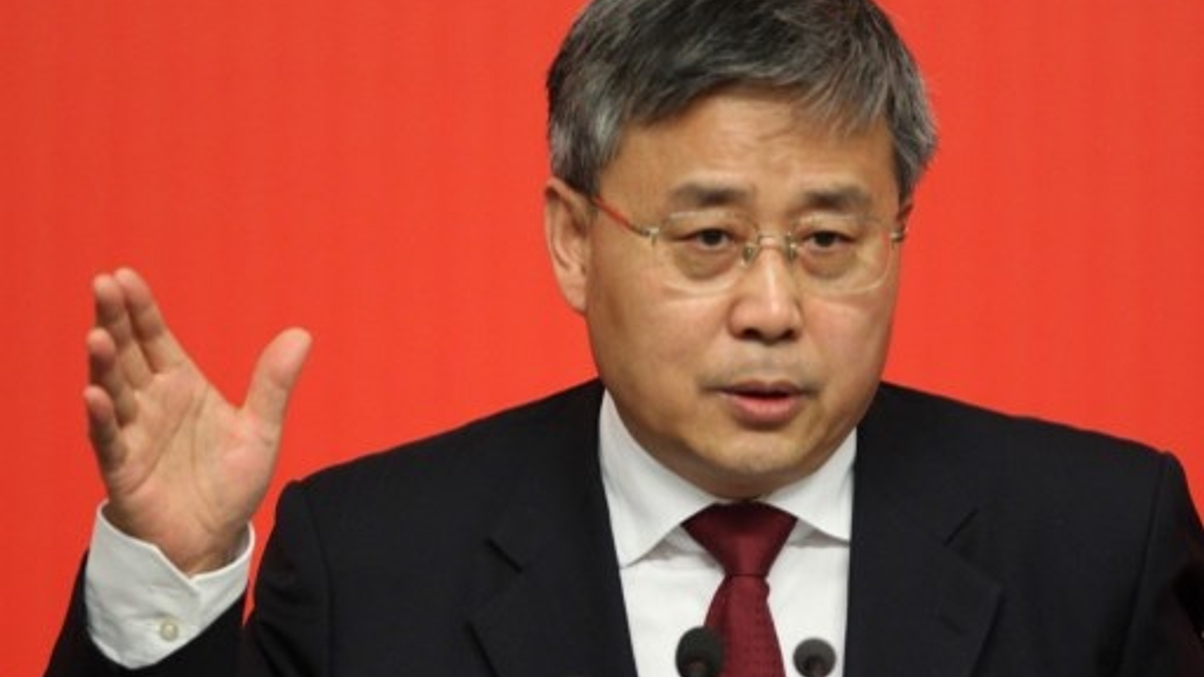Reports of CSRC head's exit spark concerns
China's top securities regulator, Guo Shuqing, is reportedly set to become the governor of Shandong, leaving asset managers uncertain about future market reforms.

Reports that China Securities Regulatory Commission chairman Guo Shuqing is set to become the governor of Shandong province have raised concerns in the investment industry.
Sign in to read on!
Registered users get 2 free articles in 30 days.
Subscribers have full unlimited access to AsianInvestor
Not signed up? New users get 2 free articles per month, plus a 7-day unlimited free trial.
¬ Haymarket Media Limited. All rights reserved.


